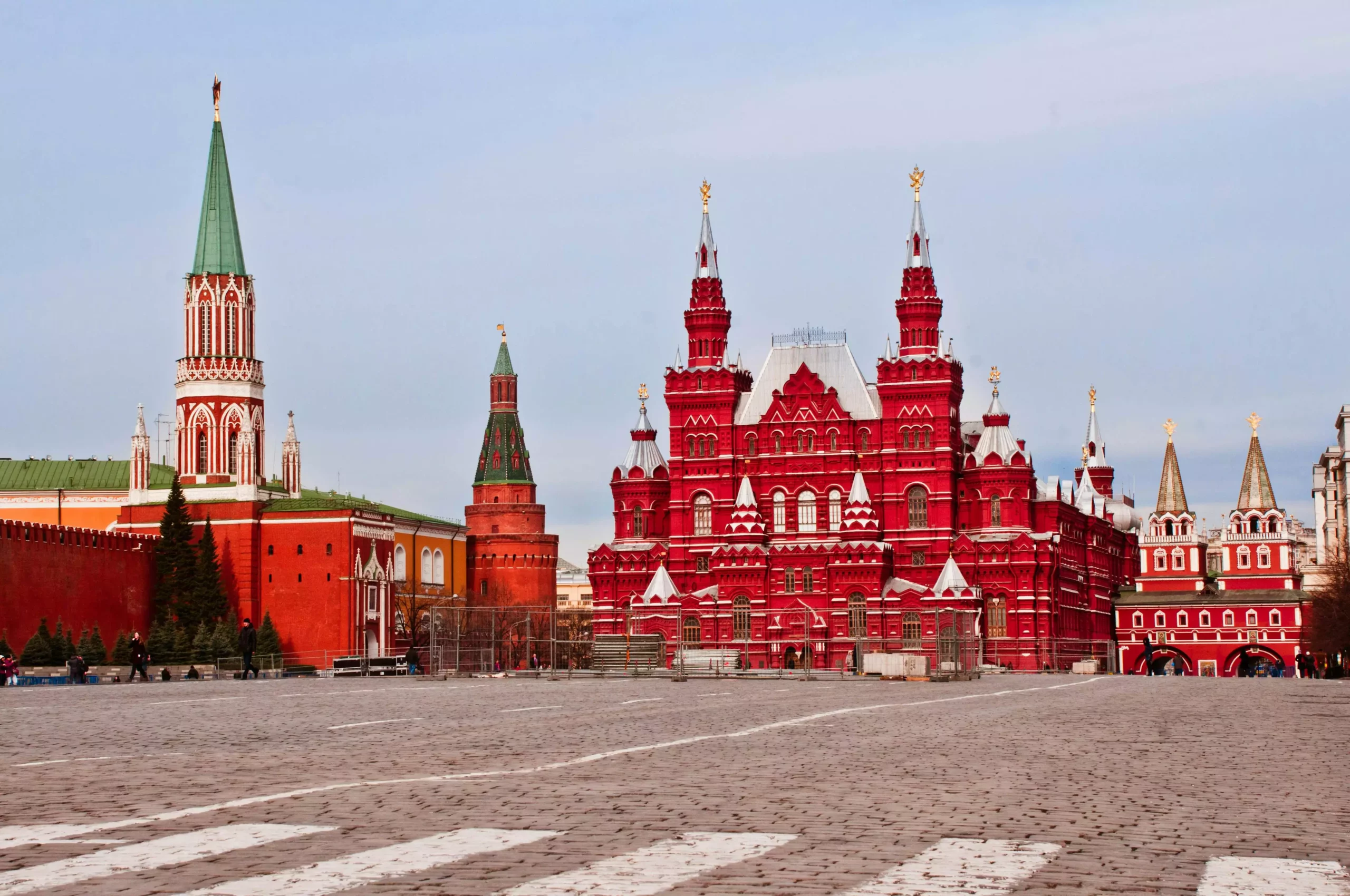Russia is taking a measured step towards the rapidly evolving world of cryptocurrencies by launching Bitcoin futures contracts on the Moscow Exchange. While dynamic developments within the crypto realm can send ripples of excitement through the financial community, this particular move should be viewed through a lens of skepticism and analysis. The cautious approach isn’t just prudent; it defines Russia’s underlying strategy. By allowing Bitcoin futures primarily for qualified investors—shrewd financial institutions and investment firms—the Russian government aims to channel the enthusiasm surrounding cryptocurrencies while mitigating risks associated with broader adoption.
This controlled environment allows Russia to experiment with cryptocurrency, so to speak, while keeping volatility within checks. It mirrors an environment of restraint that supports the traditional banking system while dipping a tentative toe into the decentralized waters of digital assets. The limitations on who can participate in trading Bitcoin futures reveal a guarded embrace of innovation rather than a full-fledged endorsement.
Defensive Pricing in a Volatile Market
One of the standout factors in this newfound trading landscape is how the futures contracts are structured. Priced in US dollars but settled in rubles, this innovative configuration is an artful maneuver designed to shield Russia from the unpredictable nature of international financial markets. As many economies grapple with inflationary pressures and currency devaluations, Russia’s strategy to keep the monetary flow anchored within its borders is fundamental in reducing outside risks and maintaining control over its financial ecosystem.
This strategy is twofold: it allows Russian traders to benefit from Bitcoin’s price movements without exposing themselves to foreign exchange instabilities and provides a safety net during turbulent market fluctuations. The futures contracts, linked to BlackRock’s Bitcoin ETF, seem to signal an approachable yet cautious stance that begs the question: Is Russia merely looking to capitalize on crypto’s momentum, or is there a deeper, strategic intent at play?
Exclusive Access: A Double-Edged Sword
While it’s clear that Russia seeks to position itself in the global cryptocurrency market, the restricted access of these futures contracts to “qualified investors” creates an elitist financial atmosphere that may reinforce existing inequalities within domestic investing. On one hand, limiting access to institutional investors can be understood as a protective action; on the other, it risks alienating everyday citizens from potentially lucrative opportunities.
The allure of cryptocurrency investments often lies in their democratic nature; however, in this controlled setting, only those with significant financial resources will participate in the burgeoning digital revolution. This exclusivity undermines the foundational ethos of cryptocurrencies as democratized financial tools. The contrast between the potential for massive individual wealth generation through cryptocurrencies and the limiting factors imposed by regulatory frameworks creates friction in Russia’s approach.
A Cautious Central Bank: Balancing Risk and Reward
The Bank of Russia’s reluctance to endorse full-scale investment in cryptocurrencies, coupled with its approval of derivatives tied to crypto assets, highlights a significant divergence in tactics. The central bank’s stance seems rooted in a mix of cautious optimism and underlying anxiety regarding the potential pitfalls of unrestricted crypto trading. Essentially, the bank recognizes the lucrative opportunities presented by these digital currencies but is equally concerned about the financial repercussions of unchecked speculation and market destabilization.
It’s a balancing act that underscores Russia’s broader economic ambitions, signifying an ongoing struggle between wanting to harness innovation and the pressing need to safeguard the nation’s economic climate. By allowing trading linked to Bitcoin yet cautioning against direct transactions, Russia preserves its stability while still engaging in the innovative frontier of cryptocurrencies.
Future Projections and Ethical Implications
As Russia moves forward with its Bitcoin futures, the involvement of major players like Sberbank suggests a broader trend where traditional banking integrates digital currencies. The structured bonds tied to Bitcoin’s fluctuations, paired with a commitment to maintaining transactions within local currency frameworks, point towards a potentially revolutionary, albeit cautious, future in Russian finance.
However, as this landscape grows more complex, one must remain critical of the implications for average investors and the general populace. Are the interests of a select few outweighing the benefits that broader access to financial innovation can yield? With critics often emphasizing ethical concerns surrounding cryptocurrencies—including issues of transparency, volatility, and manipulation—Russia’s cautious optimism invites scrutiny regarding its ultimate objectives.
As we ponder the unfolding journey of cryptocurrencies in Russia, one thing remains clear: This fusion of traditional finance with modern technology will inevitably shape the economic landscape for years to come, for better or worse.



















Leave a Reply